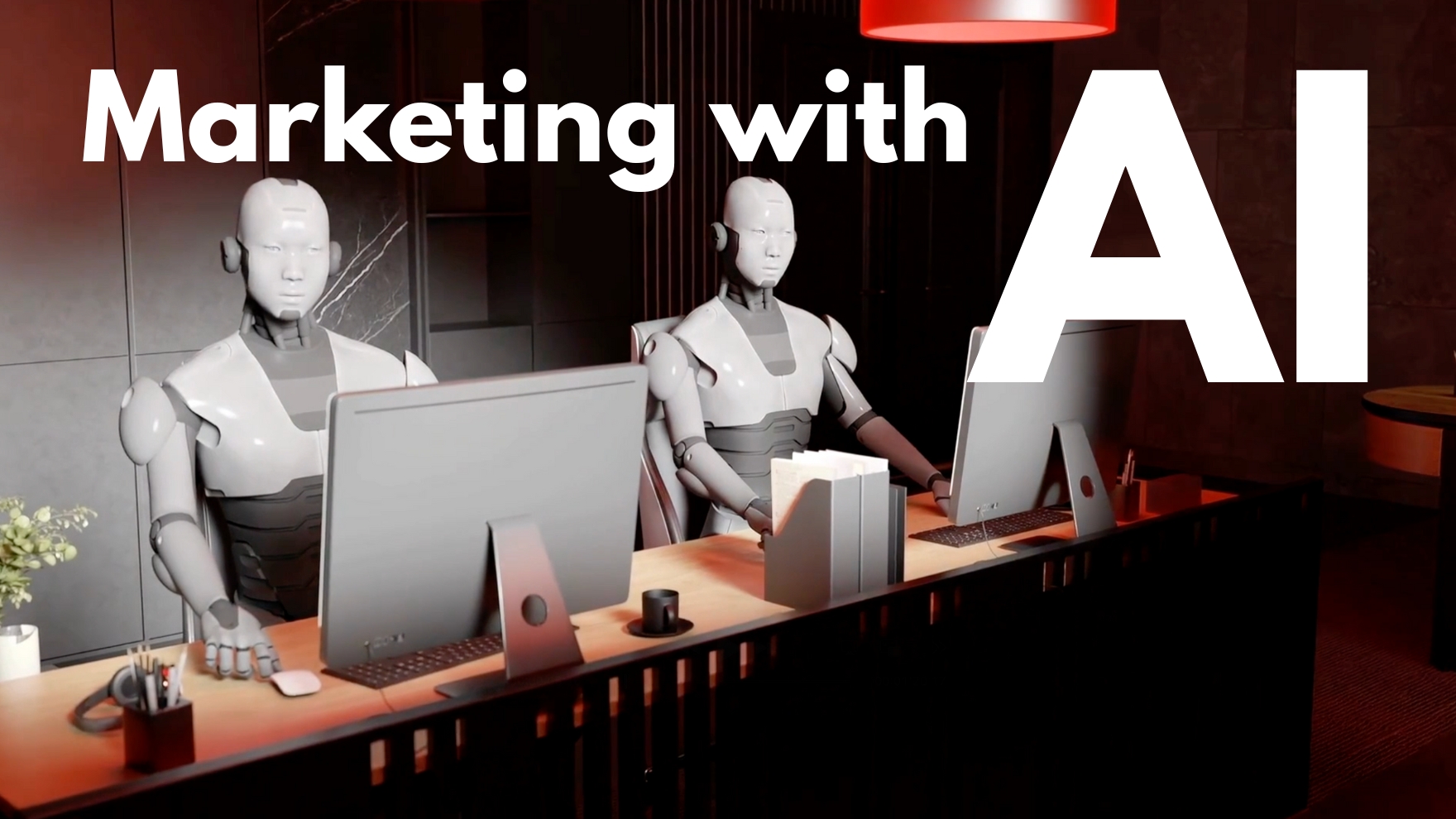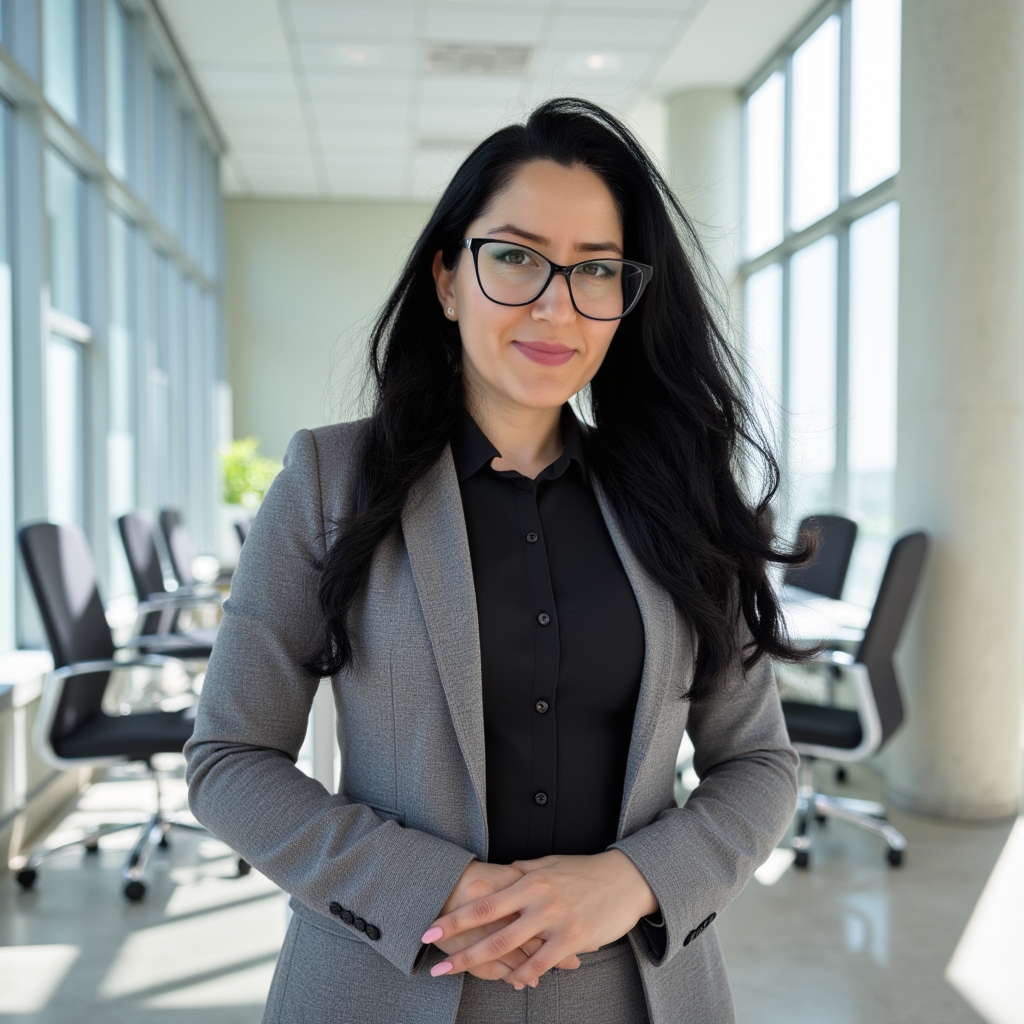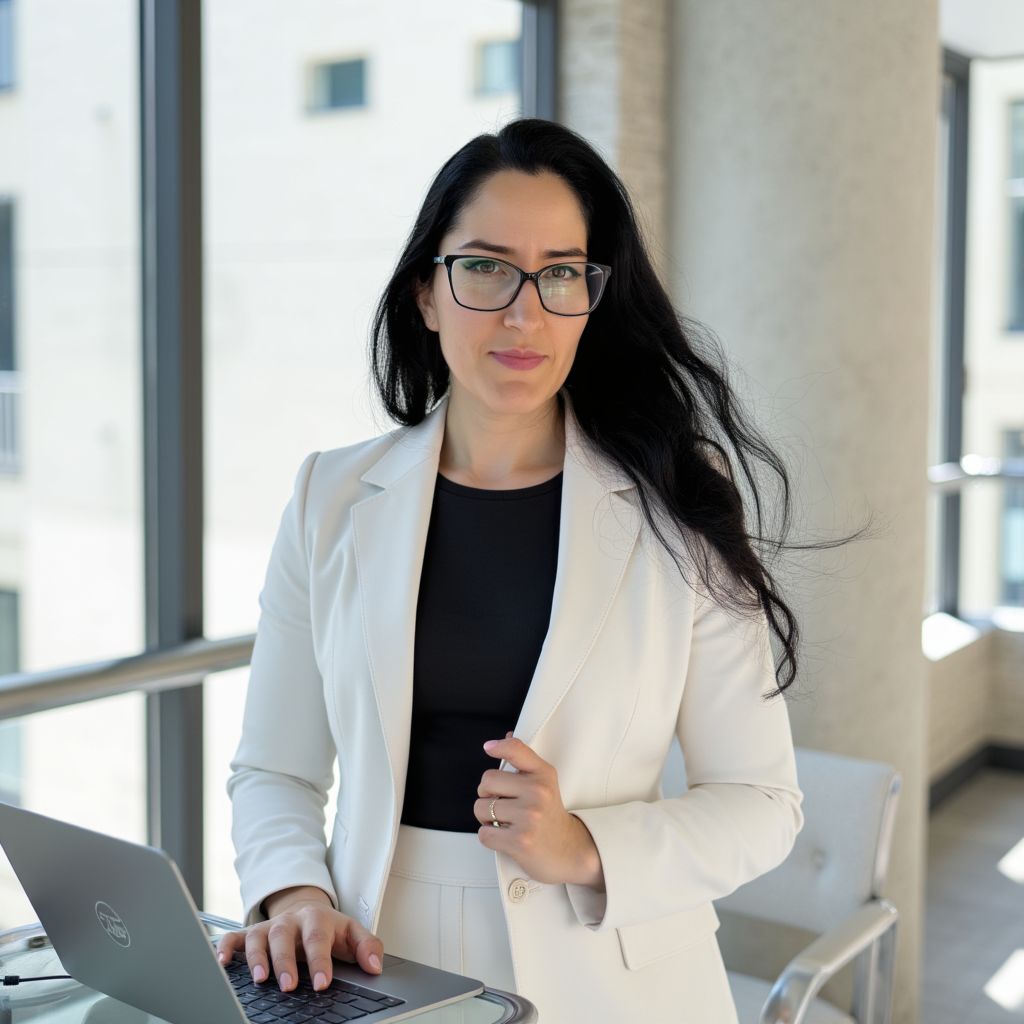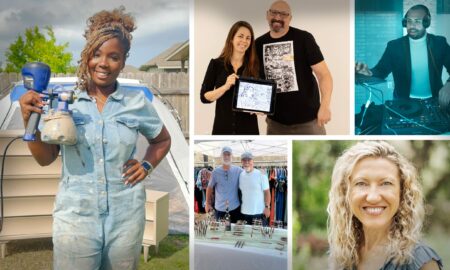

Today we’d like to introduce you to Astrid Abrahamyan.
Astrid, we appreciate you taking the time to share your story with us today. Where does your story begin?
I was born in Armenia, where I learned early that resilience and creativity are more than traits — they’re survival skills. That mindset carried me forward when I moved into the wider world and eventually found myself in Silicon Valley, right in the heart of innovation.
In Silicon Valley, I worked within the corporate world and saw the inner mechanics of how technology companies grow, scale, and tell their stories. It was an invaluable education. I learned how fast ideas can turn into businesses, how critical data and systems are for decision-making, and how easily companies can lose touch with their customers if they don’t adapt. Those years gave me both structure and perspective — the discipline of corporate processes, but also the realization that I wanted more freedom to build something of my own.
That clarity led me to take the leap and start my own business. With DaVeenci, the vision was clear from day one: help businesses harness technology they actually own. Instead of renting tools or being locked into endless subscriptions, we build AI-powered websites, CRMs, customer journeys, and automations that belong to the client. It’s about empowerment, not dependency.
Once the business was underway, I expanded my horizons again — traveling through Europe, Asia, and the Middle East. Each place added a new layer to my perspective. In Europe, I saw how design and tradition are valued in business. In Asia, I was inspired by how seamlessly technology integrates into everyday life. In the Middle East, I learned about resilience and adaptation in fast-changing markets. These travels weren’t just personal adventures — they shaped how I approach business strategy and innovation, blending global insights with practical solutions.
AI became the natural next step. I watched it evolve from hype into a tool that, if applied correctly, could save time, reduce costs, and open entirely new growth paths for businesses. Today, with DaVeenci, we specialize in bringing AI into everyday business operations — from smart forms that capture leads better, to CRMs that track relationships in real time, to automations that free up hours of work every week.
Looking back, the journey feels like a thread connecting very different worlds: my roots in Armenia, my corporate years in Silicon Valley, the independence of starting a company, the lessons from Europe, Asia, and the Middle East, and now the frontier of AI. Each step added something unique, but the theme has always been the same — curiosity, empowerment, and the drive to build systems that help people and businesses not just adapt to the future, but shape it.
Can you talk to us a bit about the challenges and lessons you’ve learned along the way. Looking back would you say it’s been easy or smooth in retrospect?
The journey wasn’t without struggles. Moving from Armenia to the United States was one of the first and most defining ones. I carried with me the resilience and creativity I had grown up with, but arriving in a new country meant starting from zero — learning the culture, the systems, and proving myself in an entirely different environment. That experience gave me grit, but it also came with moments of doubt and isolation.
Later, working in the corporate world in Silicon Valley, I had stability, structure, and resources at my fingertips. But leaving that behind to start my own business was another struggle altogether. Suddenly, there was no safety net, no ready-made processes, and no big-name credibility to lean on. I had to learn to trust myself, to build everything from the ground up, and to live with the daily uncertainty of entrepreneurship.
When I began speaking about AI, skepticism was everywhere. Many business owners thought it was just hype, or something too complicated and costly for small businesses. Winning trust wasn’t easy. I had to spend time reframing the conversation — not about futuristic robots, but about practical tools that save time and money, and give business owners more control.
Traveling through Europe, Asia, and the Middle East added even more layers to both the inspiration and the challenges. Each region taught me something new, but it also required constant adaptation. What resonated in one market often fell flat in another, and I had to learn how to listen, to respect cultural nuances, and to adjust strategies without losing sight of the bigger vision.
Another ongoing struggle has been balancing vision with reality. I could see the potential of AI clearly, but I had to pace myself with what businesses were ready for today. Learning to walk that line — offering immediate, practical solutions while building a roadmap for future growth — has been both humbling and rewarding.
All of these struggles — from uprooting my life in Armenia, to starting from scratch in the U.S., to leaving corporate safety, facing skepticism, and adapting across cultures — shaped who I am today. They weren’t just obstacles; they were the very experiences that gave me the resilience, adaptability, and perspective I now bring into every part of my business.
We’ve been impressed with DAVEENCI, but for folks who might not be as familiar, what can you share with them about what you do and what sets you apart from others?
DaVeenci is an AI-powered marketing and automation company, but more than that, we’re a partner for businesses that want full control of their growth. We build websites, CRMs, smart forms, and automations that clients truly own — no locked platforms, no endless subscriptions.
What sets us apart is our philosophy of empowerment: we give businesses tools that save time and money while staying fully in their hands. I’m most proud that DaVeenci is known not just for delivering solutions, but for teaching and showing how AI works through live workshops and real-world demos. For your readers, the message is simple — we help future-proof your business with systems you control, scale, and trust.
Can you talk to us a bit about the role of luck?
Luck has played a role, but not always in the ways people expect. Moving from Armenia to the U.S. was a mix of luck and timing — I arrived at a point where opportunities were opening in technology and marketing, and I was able to step into that world. At the same time, there were plenty of moments that felt like bad luck: starting my business without the cushion of corporate resources, launching into AI when skepticism was at its peak, or hitting obstacles that seemed impossible at the time.
But what I’ve learned is that luck is only part of the story. It can open doors or close them, but what matters is what you do in between. Good luck gave me the chance to be in Silicon Valley and learn from the corporate world. Bad luck forced me to rebuild, to adapt, and to get creative when plans fell apart. Both shaped me equally.
In business, I see luck as the spark, but persistence, adaptability, and vision are the fuel. Without the work, luck doesn’t stick. And if there’s one thing I’m most grateful for, it’s that even the “bad luck” moments pushed me toward the path I’m on now
Contact Info:
- Website: https://daveenci.ai/
- Instagram: https://www.instagram.com/daveenci.ai/
- LinkedIn: https://www.linkedin.com/company/daveenci





















